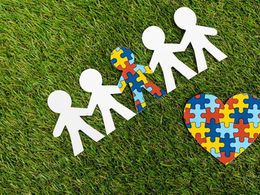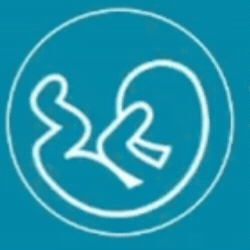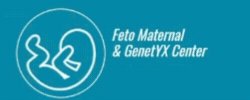
What is Autism Spectrum Disorder (ASD)?
Understanding the Signs of ASD
Communication Difficulties:
Individuals with ASD may experience delays in language development, struggle with initiating and maintaining conversations, or have difficulty understanding figurative language such as jokes or sarcasm. Learn more about communication challenges.
Social Challenges:
Challenges in making and maintaining friendships, understanding social cues like facial expressions or body language, and difficulty with eye contact are common. Individuals with ASD may also prefer solitary activities or struggle with turn-taking in play.
Repetitive Behaviors and Routines:
Sensory Sensitivities:
Sensory issues may include hypersensitivity or hyposensitivity to certain sounds, textures, tastes, or smells. Loud noises, bright lights, or specific textures on clothing can be overwhelming for some individuals with ASD. Learn more about sensory sensitivities.
Early Intervention and Therapy for ASD
Although there is no known cure for ASD, various therapeutic approaches can significantly improve an individual’s quality of life. Common therapies include:
Applied Behavior Analysis (ABA)
ABA is an evidence-based therapy that uses positive reinforcement and structured learning to teach new skills and reduce challenging behaviors.
Speech Therapy:
Occupational Therapy:
Occupational therapy helps individuals with ASD develop daily living skills, address sensory sensitivities, and support motor skill development.
Social Skills Therapy:
Cognitive Behavioral Therapy (CBT):
CBT can be beneficial for managing anxiety, depression, and other mental health challenges associated with ASD. It helps develop coping strategies and emotional management skills. Read about CBT for ASD.
Finding the Right Support
A multi-disciplinary approach is often recommended for managing ASD effectively. Here are some resources to help you find qualified professionals and support:
- The National Autistic Society (NAS) – UK & International
- Autism Speaks – USA
- Autism Society – USA
Living with ASD
Importance of Acceptance and Understanding:
Building a Support Network:
Connecting with other families and caregivers who have experience with ASD can provide valuable support and information.
Advocacy:
At FMGC, we understand the emotional and physical toll of pregnancies. Our team of best obstetrics gynecologists are committed to providing compassionate care and comprehensive support to help you through this blessed time. If you or a loved one is expecting, please reach out to us for expert care and guidance.
Contact Us: Feto Maternal & GenetYX Center Dubai, UAE
Follow Us on Social Media: Facebook: FMGC Facebook
Instagram: FMGC Instagram
LinkedIn: FMGC LinkedIn
Twitter: FMGC Twitter

